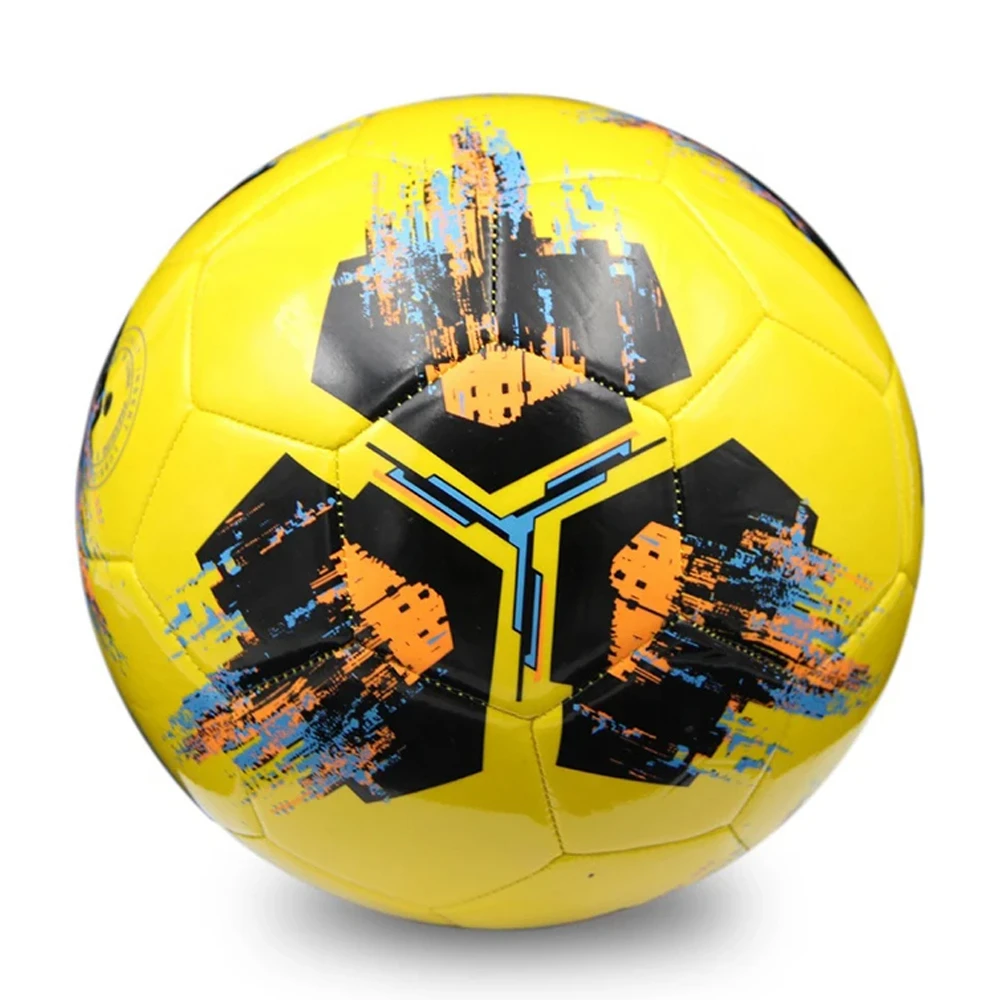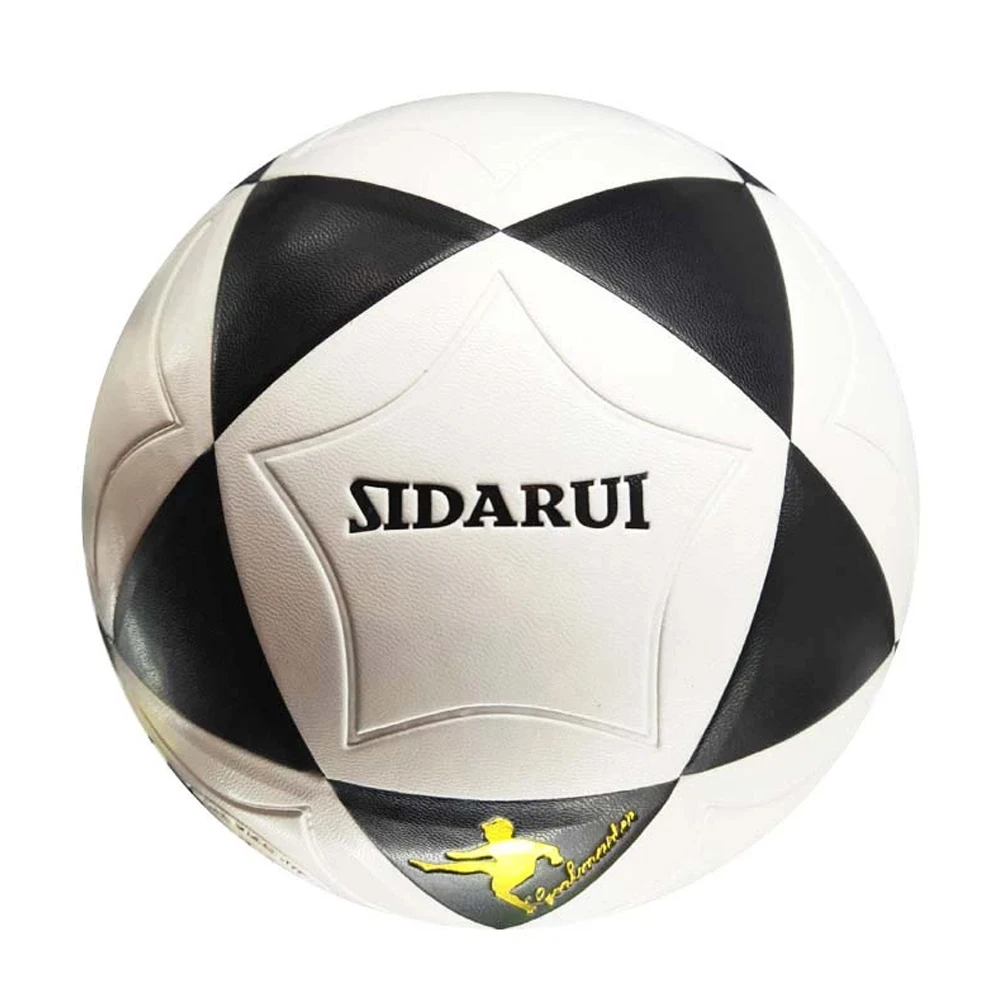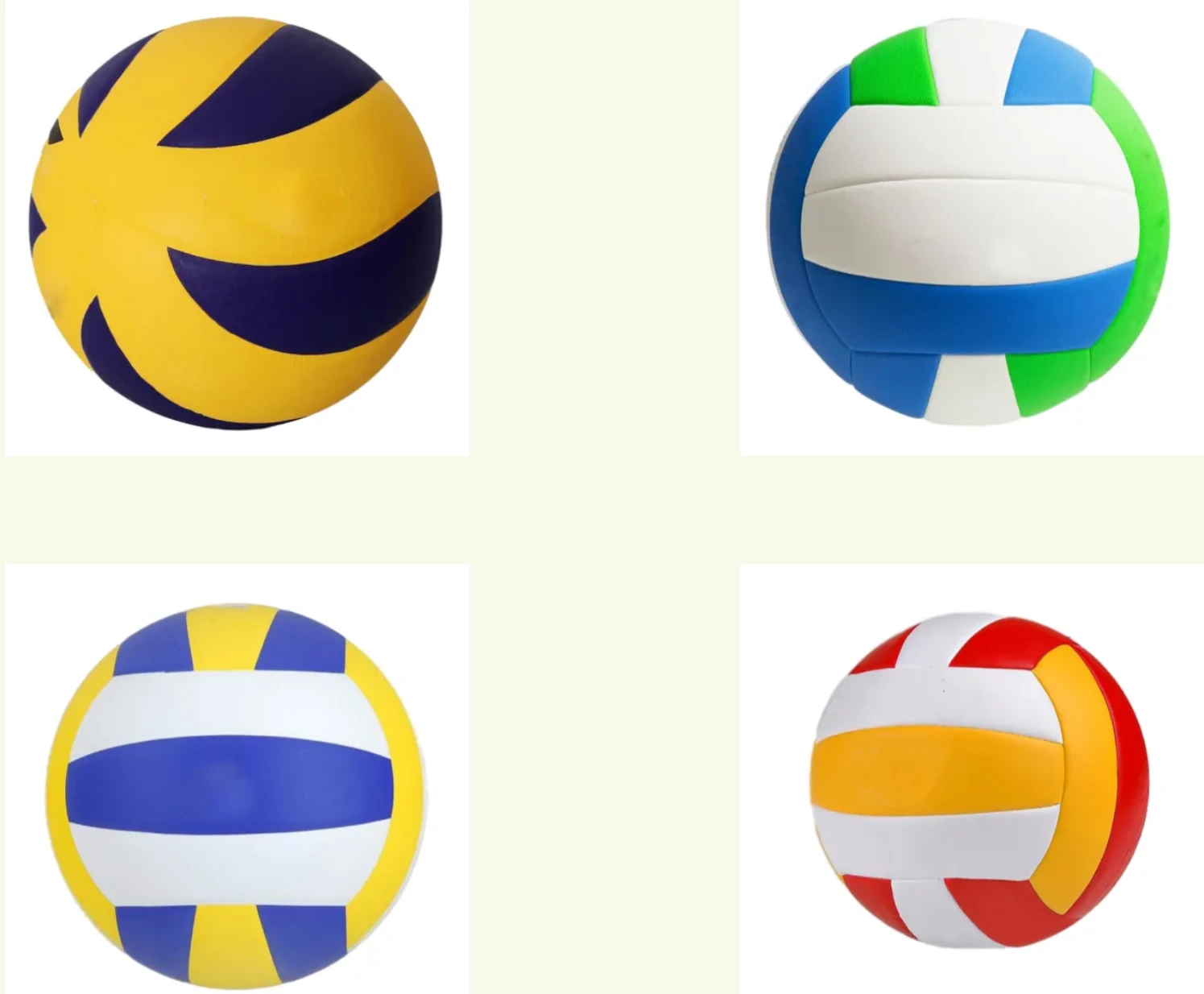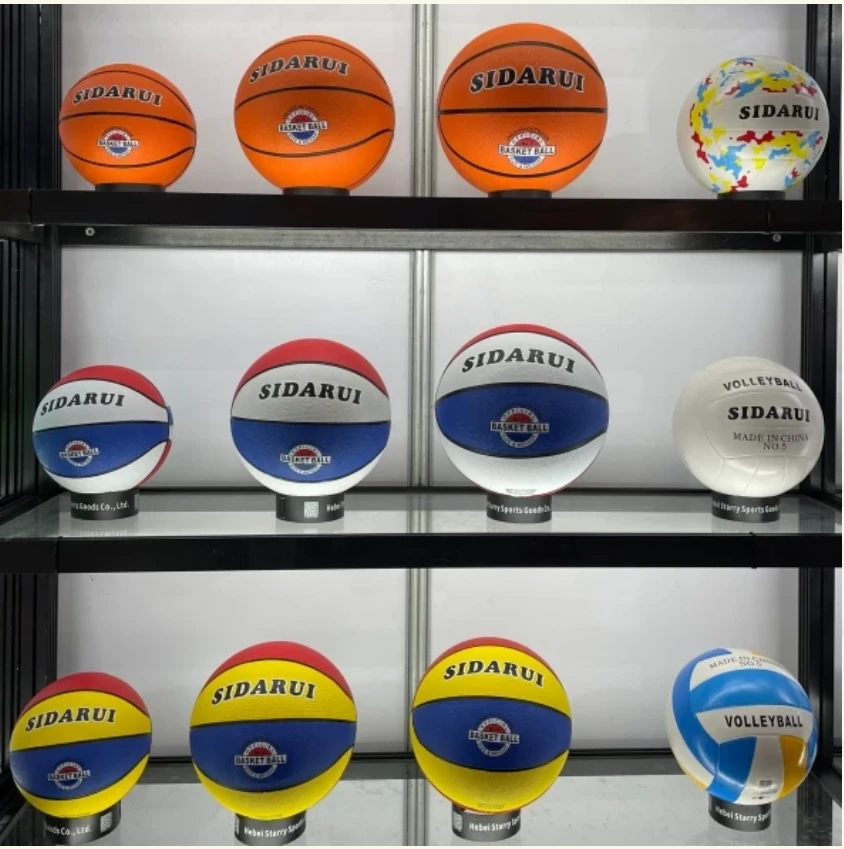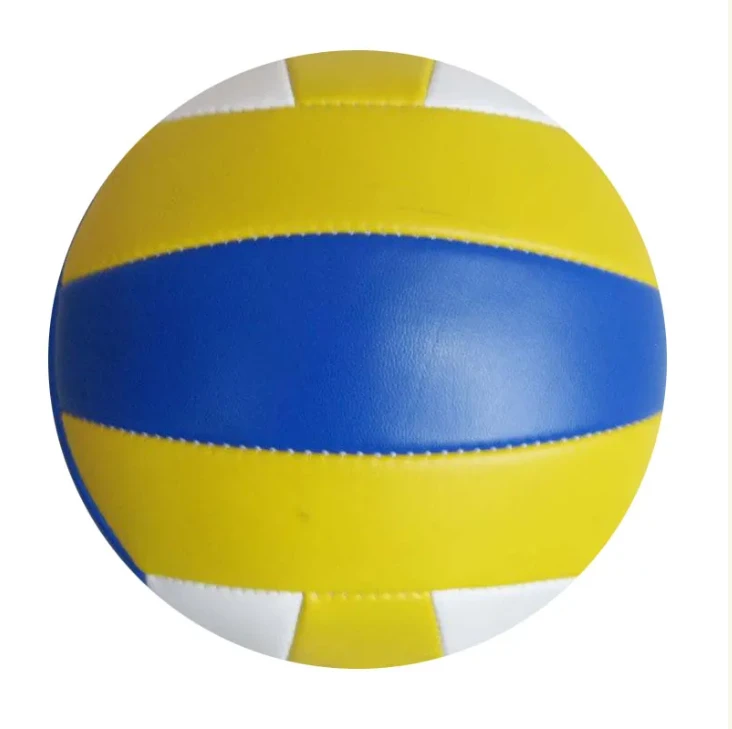The true measure of a football's effectiveness on the field lies in its quality. The quality of a football can profoundly influence the outcome of a game, impacting everything from professional matches to casual backyard games. Understanding this importance helps stakeholders, from manufacturers to players and coaches, make informed decisions.
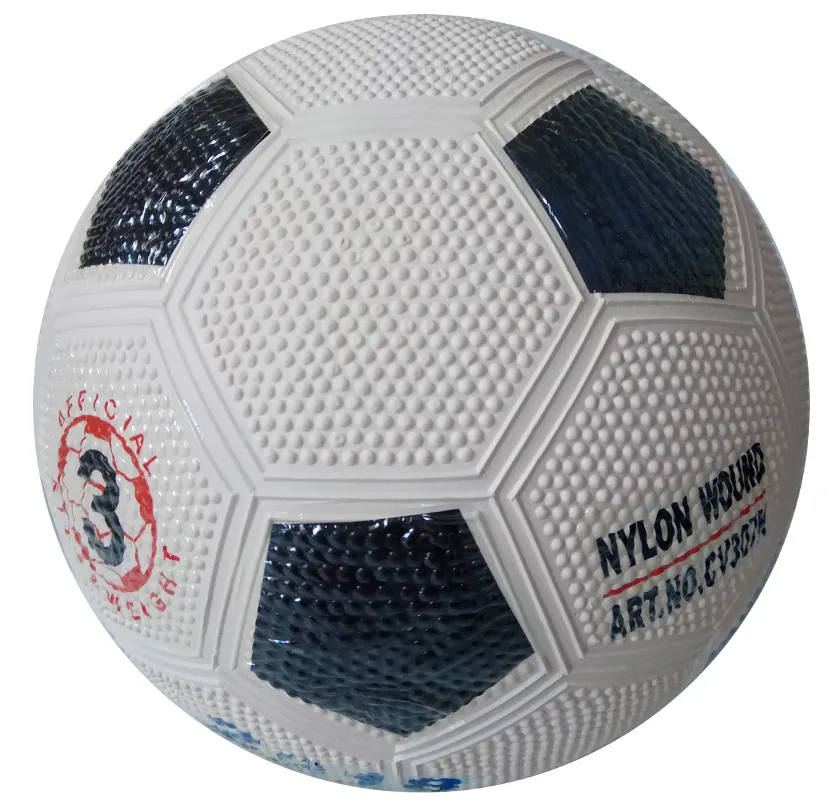
In the manufacturing industry, quality control is paramount. Expertise in crafting footballs involves meticulous attention to materials used and the technology applied in stitching, bonding, and inflating the ball. Manufacturers like Adidas and Nike often lead the way in establishing authoritative standards in the industry, driving innovation in areas like waterproofing, aerodynamics, and durability. For instance, the Adidas Telstar 18 featured in the 2018 FIFA World Cup introduced advanced synthetic materials that enhanced flight stability and weather resistance, setting new benchmarks for quality.
Expert footballers rely heavily on the performance and reliability of their equipment. A football's flight path, bounce, and grip can dramatically affect a player's game. Many professionals recount experiences where a high-quality ball enabled more precise control and better striking accuracy. These insights underscore the importance of selecting the right ball, tailored to specific playing conditions and environments. A ball that performs excellently on wet grass might underperform on artificial turf. Trustworthy manufacturers provide detailed specifications to aid teams and players in making choices aligned with their playing style and venue.
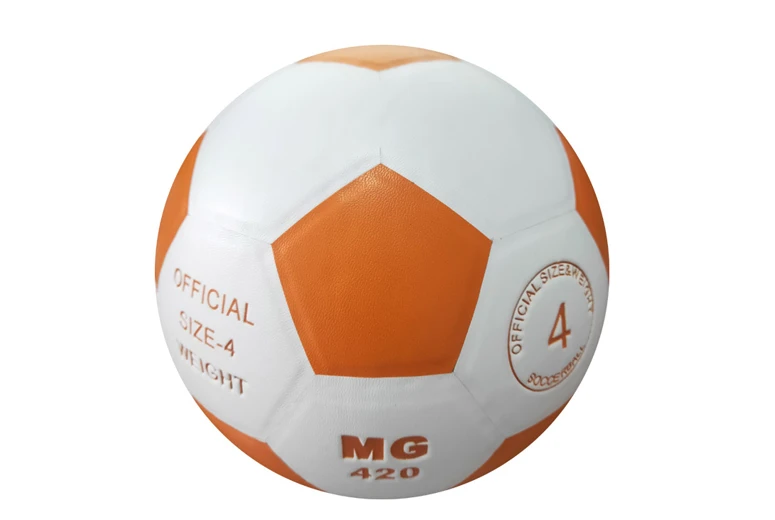
Authoritativeness in the football industry also means robust testing and endorsements. Top-tier footballs are often rigorously tested by governing bodies like FIFA, earning certifications that assure quality standards. These certifications are not mere formalities; they are trusted indicators for consumers. The Federation Internationale de Football Association (FIFA) outlines stringent criteria involving shape retention, water absorption, and rebound consistency. Such authoritative endorsements ensure that footballs meet high-quality expectations, inspiring trust across amateur leagues and professional arenas.
football quality
The experience of using high-quality footballs translates into enhanced playing experiences. A well-crafted ball offers consistent performance, reducing variability in matches and allowing players to focus on strategy and skill. Additionally, the reliability of a quality ball facilitates excellent training conditions, ultimately fostering skill development and team cohesion. Amateur players often report that upgrading to a higher-grade ball markedly improves their confidence and enjoyment of the game. This personal experience aligns with broader, professional testimonials illustrating the indisputable link between ball quality and player satisfaction.
Trustworthiness emerges as a central theme in marketing football products. Companies that back their products with solid warranties and supportive customer service help assure consumers of their investment. Lifetime guarantees, robust return policies, and transparent manufacturing locations contribute to a brand's credibility. In the digital age, consumer reviews and testimonials play a critical role, offering insights drawn from real-world usage, highlighting a brand's commitment to quality.
In conclusion, the quality of a football is a defining element in the sport's dynamics. For manufacturers, expertise-driven innovation is crucial. For players, coaches, and teams, selecting the right ball is part of strategic planning. Authoritative endorsements and standards steward the industry towards consistency and excellence. Finally, trustworthiness—embodied in customer satisfaction and product reliability—cements relationships between brands and users, ultimately enhancing the football experience across every level of play.






